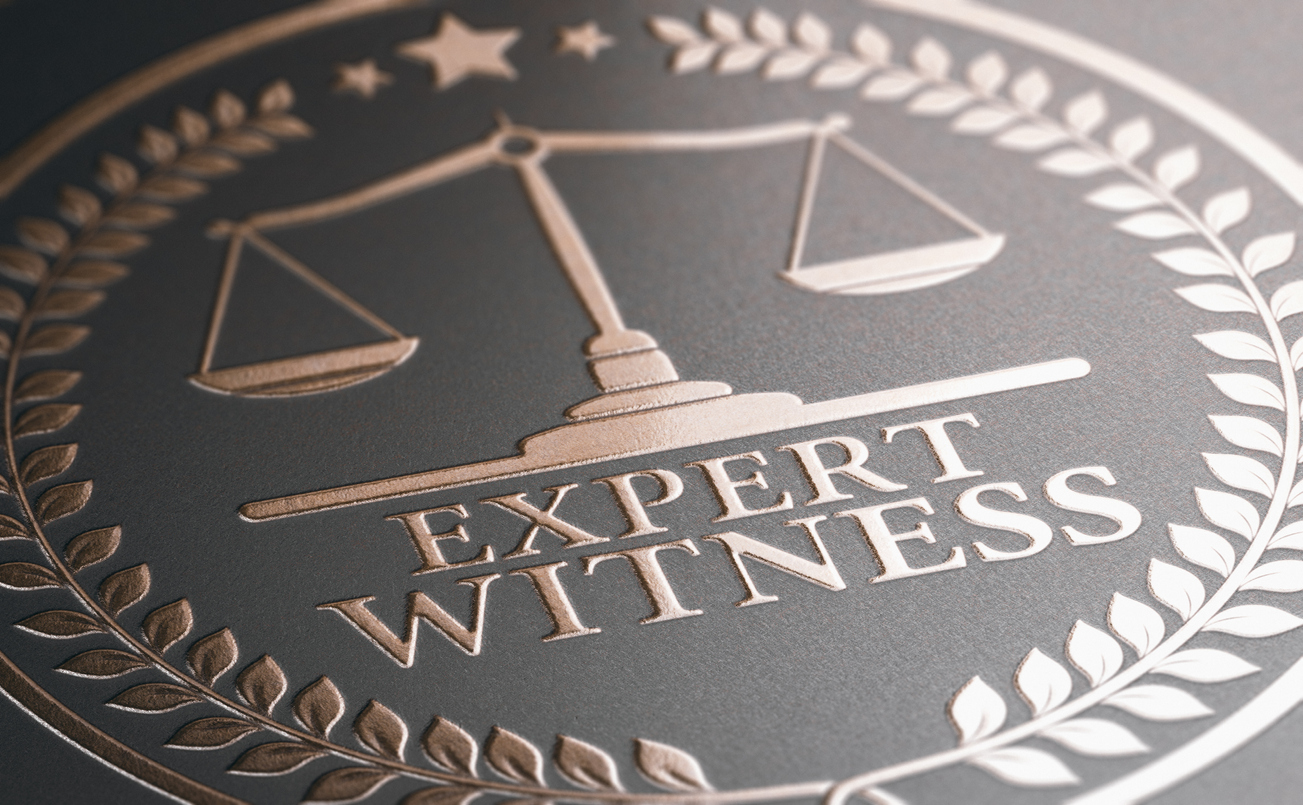Several public adjusters with Global Adjusters were arrested in a broken tile fraud claim scheme. Wrong is wrong. Everybody is entitled to a presumption of innocence. Yet, the statement in the arrest warrant alleges what so many others have been complaining privately to me, and then publicly in the past legislative session—there are far too many broken tile claims occurring with the same public adjusters in South Florida for all to be legitimate.
Truth is stranger than fiction. I will keep this post short so you can read this bizarre story. I have never heard of a house being wired by a CIA agent spouse in a divorce. The attempts to destroy this evidence are amusing. I am not certain what my attorney friend, Ken Duboff‘s relationship with Global Adjusters is, so that he was quickly on the scene. However, his instructions not to tamper with the criminal and civil evidence were proper, although allegedly not followed.
As I write this, I am thinking about the dozens of very honorable and ethical public adjusters across the country that will call, write and speak to me about this. They have done so in the past. Since many look to me for information, and sometimes leadership, about what happens in Florida insurance adjusting, I am aghast and saddened by these acts. In A Few Bad Apples, I noted:
The insurance industry claims billions of dollars are lost as a result of insurance fraud. They insinuate that their otherwise honest customers become crooks at the time a loss occurs. If that were true, insurance would be the most socially defective product ever imagined and marketed.
It has been our experience that insurance fraud by customers occurs, but in a very limited instances. Yet, when it does, the insurance companies, police, and departments of insurance act in concert with publicists to show they are doing their anti-fraud jobs and make an impression on the public that some are engaged in wrongful behavior.
When a public adjuster is involved, it reinforces the perception by those acting on behalf of the insurance industry that ‘public adjusters just cannot be trusted.’ The old adage, "a few bad apples can destroy an entire basket," comes to mind when I hear or read stories like the one cited above. Public adjusters must beware that if this perception persists, they could be in danger of having licensing statutes disappear or severely limited in the states that allow public adjusting.
I am giving a speech about professionalism and ethics at the National Association of Public Insurance Adjuster’s Annual Convention next month. The title, “Fantastic Adjustment Results through Professionalism and Ethical Conduct: Tips from the Masters and Lessons from the School of Hard Knocks,” will certainly be timely given this situation. The problem is that the people who need these lessons the most will not even be in the audience.



